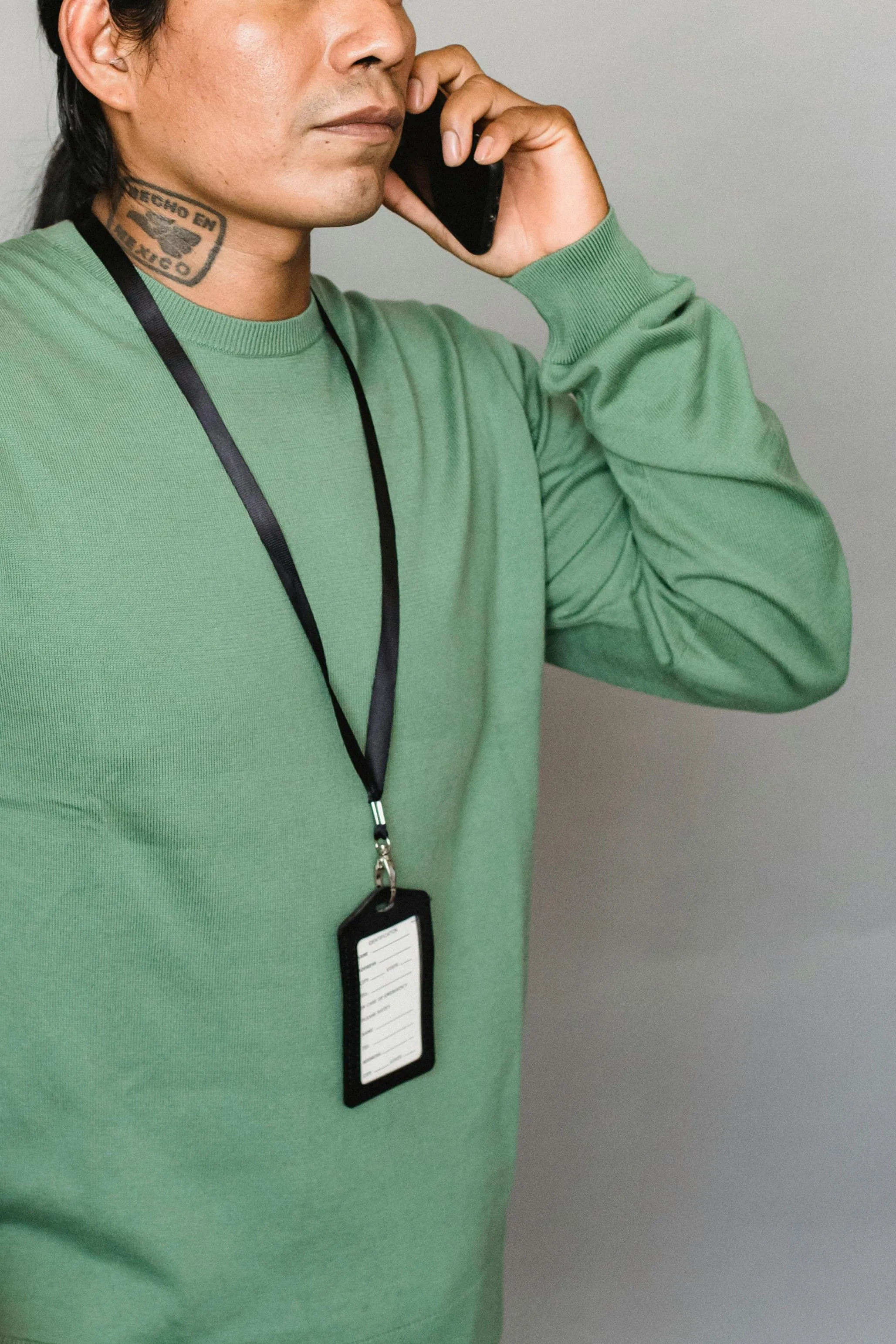2 Minutes - Article
A youth guide to understanding Indigenous identity, legal status, and what it means for your rights, community, and future.
What exactly does it mean to be "Status"?
In Canada, Status refers to whether a person is legally recognized as a “Status Indian” under the Indian Act, a federal law that still affects many First Nations people today.
If you have Status, it means your name is listed in the Indian Register, and you likely have a Status Card.
If you have status, you can access:
- Health care and Benefits
- Education Supports
- Taxes
- Housing and Services
- Community Rights
- Living on Reserve
Please note that while these things are listed, each registered band may vary in what they allow you to have access to and what they offer.
If you are someone who is a Non-Status Indian, it usually means you will:
- Not have your name listed on the Federal Indian Register
- Not have a Status Card
- Not have rights to any health benefit program, tax exemptions, etc....
But being Non-Status still means you:
- Are still Indigenous
- You belong to a community (even if the government doesn’t recognize it)
- Still have rights to learn your language, culture, and traditions
Whether you have Status or not, your place in your community and your connection to your culture matter. You carry your history, your family, and your identity with pride. Your Indigenous identity is yours to own.
